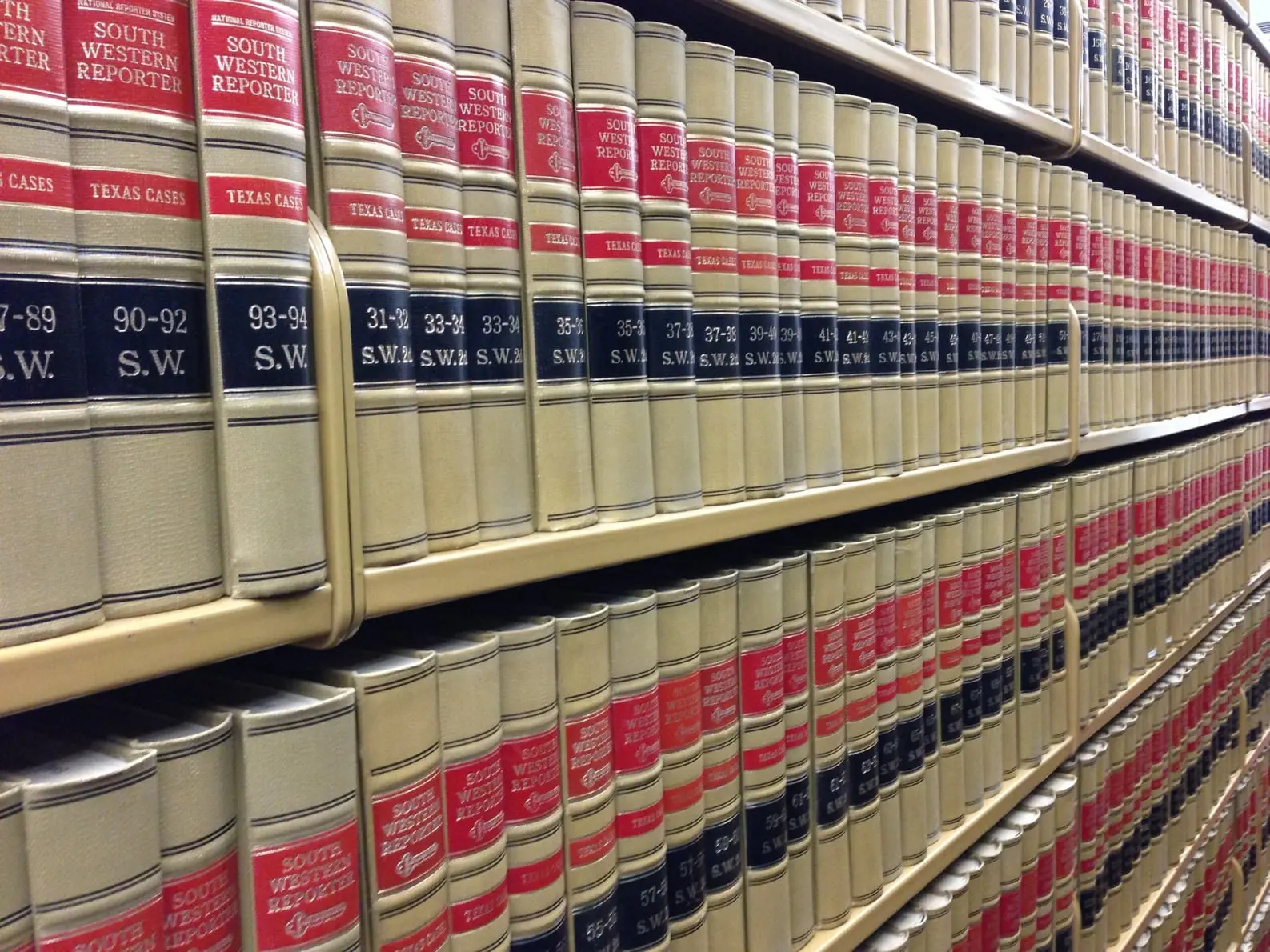Translation, Localization & Interpreting Agency
Via F. Brioschi 33, 20136 Milan, Italy
TEL. +39 02 367233 20 (r.a.)
VAT No. 08827250963
Privacy Policy // Cookies // Work with Us
© Copyright 2025 FabrizioGiagoni.it - All Rights Reserved

When are these translations necessary?
Sworn or certified translations are required whenever it is necessary to submit a translated document that has legal validity in other countries.
Some common examples include:
Birth, marriage, or death certificates: to be presented in courts or embassies.
Diplomas and school certificates: for enrollment at foreign universities or for recognition of professional qualifications.
Sentences, contracts, and notarized deeds: in cases where it is necessary to translate legal documents for use abroad.
Criminal records or police clearance certificates: required for work or immigration purposes.
Calls for tenders: for participation in tenders issued by foreign entities or for foreign companies intending to compete in tenders in Italy.

For a translation to be considered certified or sworn, several steps and professional roles are involved.
An essential figure is the sworn translator, meaning an expert registered in the official register or a certified translator who can sign the sworn declaration. Let’s look at the standard steps:
1. Translation of the document: A professional translator translates the original document into the requested language.
2. Translator’s Declaration: The translator declares, before a public official (such as a notary, court clerk, or justice of the peace), that the translation is faithful and conforms to the original. This act is called the “sworn declaration” or “asseveration.”
3. Signature and official record: During the procedure, the translator signs a record which is attached to the translation, certifying its authenticity.
4. Stamp and authentication: Once completed, the translated document is stamped and authenticated by the authority overseeing the sworn declaration. From this moment, the translation has the same legal value as the original document in the required legal or administrative context.

At first glance, the certified or sworn translation process may seem straightforward, but it often involves complexities that only a trained experts can identify.
Understanding the context in which the document was issued, as well as its destination, is essential. In some cases, additional steps beyond sworn translation may be required, such as an apostille or legalization. These details can make all the difference in ensuring the official validity of your documents.
Dotwords offers full support throughout the document legalization process, helping you secure legal recognition in both Italy and abroad. Our team of consultants, translators, and certified experts is ready to assist even with urgent requests that require fast and accurate turnaround.